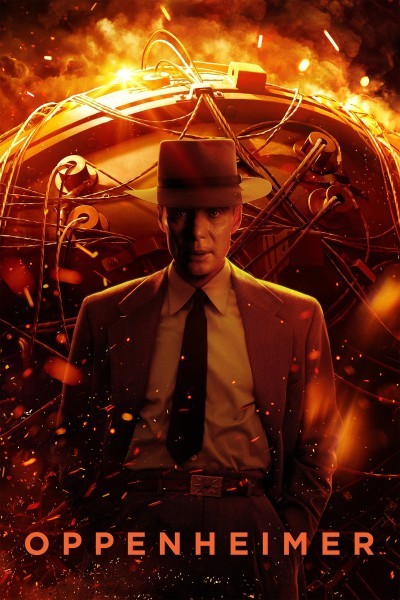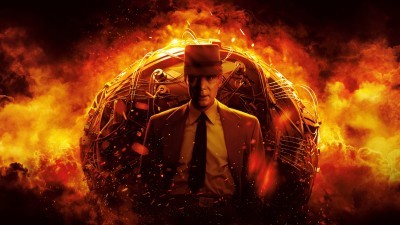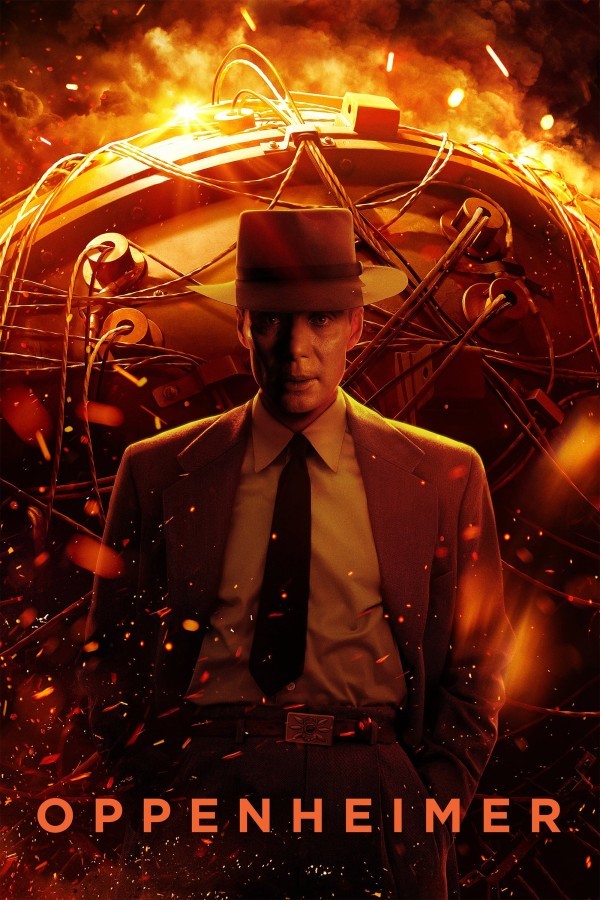Harry S. Truman, the 33rd President of the United States, was a man forged in the crucible of adversity, bracing himself against the relentless winds of history. Rising from humble beginnings in Lamar, Missouri, in 1884, he navigated the complexities of politics with a determined pragmatism.
A World War I veteran, Truman's path led him from serving as a county judge to the U.S. Senate, with a significant role as Vice President under Franklin D. Roosevelt. His presidency was marked by monumental decisions, particularly in the tumultuous aftermath of World War II.
Truman ordered the use of atomic bombs on Hiroshima and Nagasaki, a choice that would haunt the annals of international relations and ethics. In his terse meetings with J. Robert Oppenheimer, the visionary behind the atomic bomb, the tension between scientific innovation and military necessity was palpable.
Truman's directness often concealed inner conflicts, a stark juxtaposition to Oppenheimer's intellectual guilt. His leadership was characterized by a no-nonsense demeanor that masked a deeper vulnerability regarding the unprecedented destruction wrought by his decisions. Ultimately, Truman embodied a blend of common sense and unwavering conviction, a legacy that remains as polarizing as the choices he faced amidst a damaging historical backdrop.



 Amazon Video
Amazon Video Fandango At Home
Fandango At Home Apple TV
Apple TV Google Play Movies
Google Play Movies YouTube
YouTube